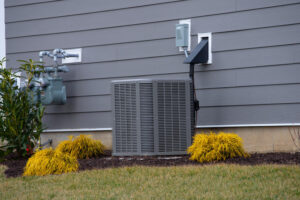
How to Reset Your HVAC Safety Switch After Multiple Trips
The HVAC safety switch plays a key role in protecting your system and your home. When working properly, this small device helps prevent major water damage and stops your system from running under stress. In warmer months around Plant City, when air conditioning is used daily, this switch might trip



